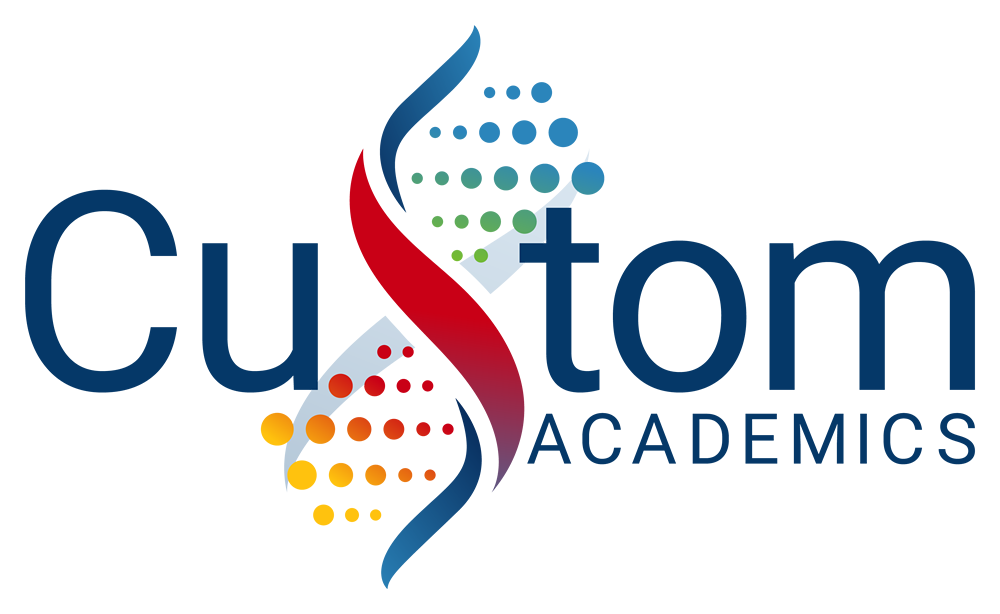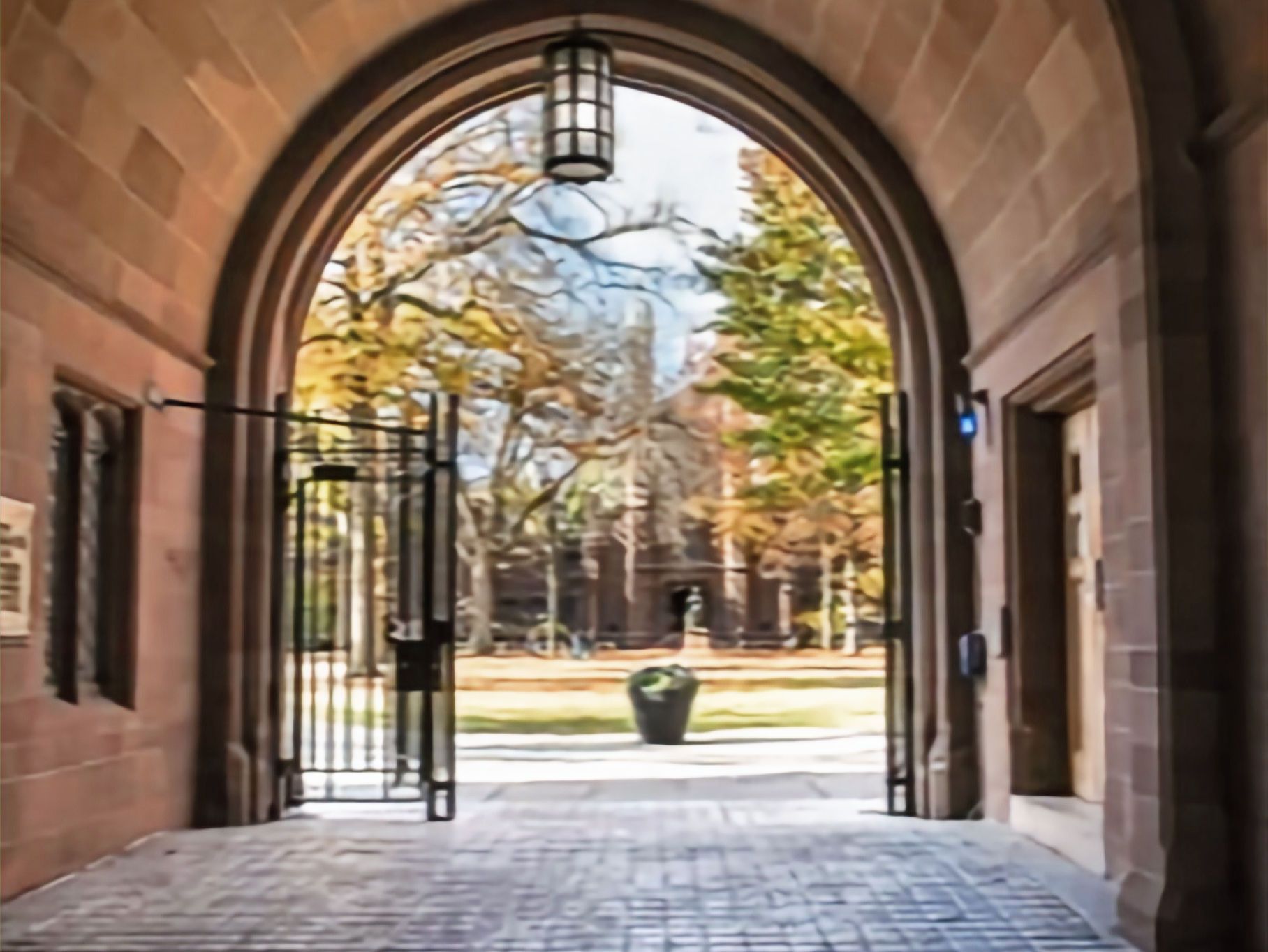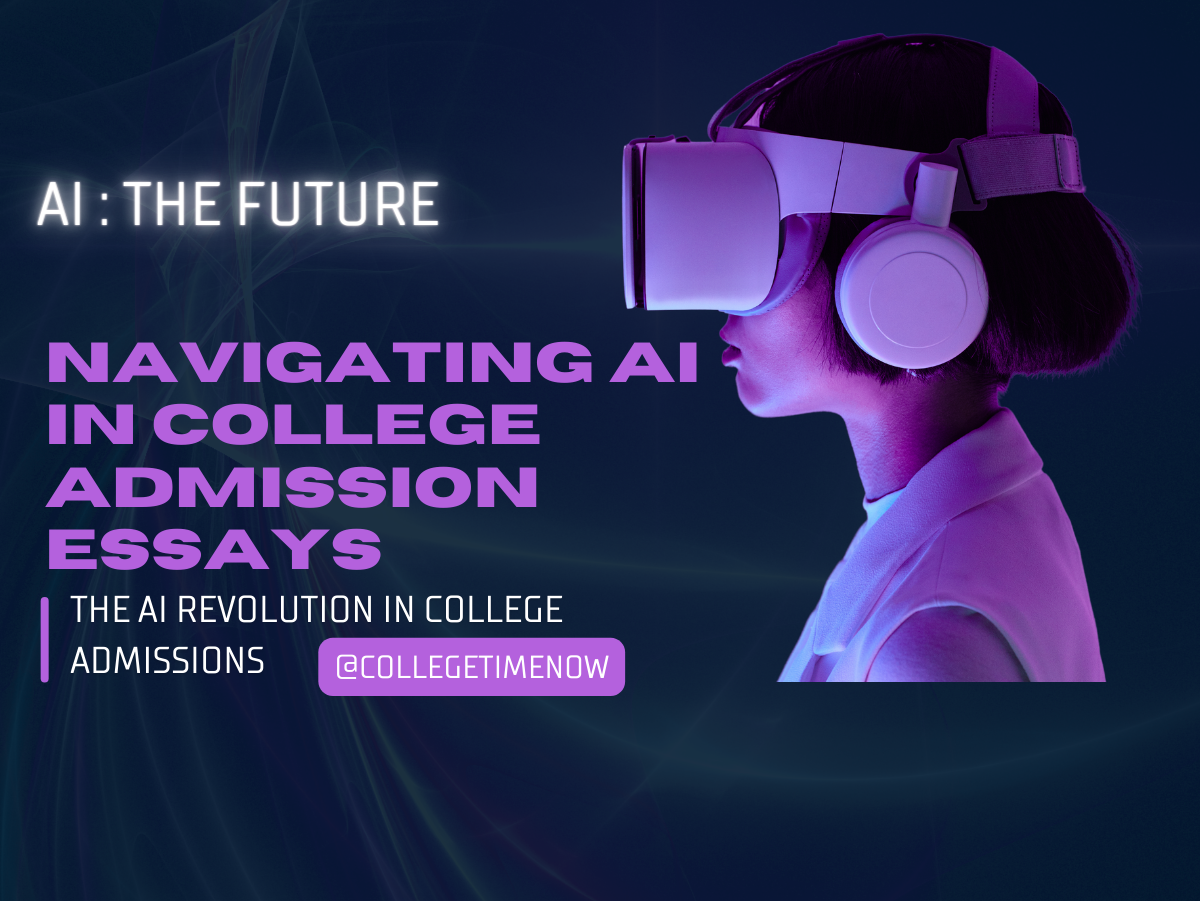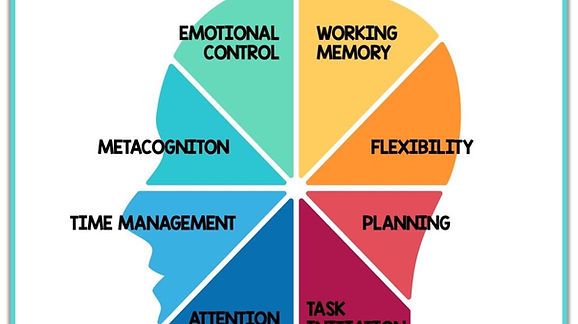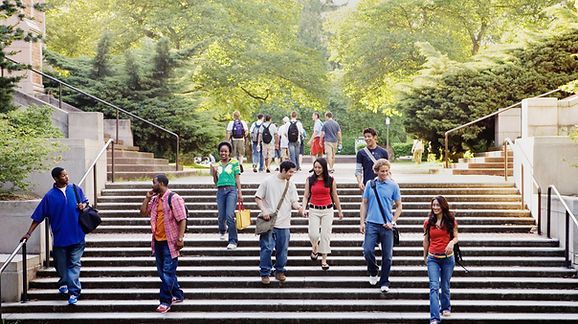The transition from high school to college is a monumental step in a student's life, often marked by a mix of excitement and trepidation. It ushers in a new academic environment that is considerably different from what they have previously experienced. This transition presents a unique set of challenges and opportunities, ranging from forging new friendships to navigating the intricacies of campus life. However, one of the most significant and often overlooked aspects of this transition is the mastery of effective studying skills.
In high school, students may have been able to excel with last-minute cramming or relying heavily on teacher-led instructions. However, the college environment demands a more independent and proactive approach to learning. The volume of coursework increases, the material becomes more complex, and the expectation for self-directed study grows. This shift can be overwhelming, leading many students to grapple with developing effective study habits. For some, it may feel like learning to navigate uncharted territory without a map.
However, establishing healthy study habits early on can significantly impact a student's academic journey. These habits form the bedrock of academic success in college and beyond. They can help students manage their workload, reduce stress, improve comprehension, and ultimately enhance their overall academic performance. These aren't exclusive secrets available only to a select few; they're practical, time-tested strategies that any student can adopt and adapt according to their individual learning style and schedule.
The importance of these healthy study habits cannot be overstated. They not only contribute to immediate academic achievements but also play a crucial role in shaping lifelong learning skills. By mastering effective study techniques, students equip themselves with the tools needed to continuously acquire and apply knowledge, whether in further education, their chosen career field, or personal pursuits. Indeed, these skills extend beyond the confines of academia, proving invaluable in every sphere of life.
In essence, transitioning to college is more than just a geographical or educational shift. It's about stepping into a new stage of personal and academic growth. By recognizing the challenges and embracing the opportunities this transition brings, students can set a solid foundation for success in college and beyond. And mastering effective studying skills is a significant part of this journey, a stepping stone towards becoming confident, independent learners ready to make their mark on the world.
Recognizing Your Learning Style
A crucial first step to effective studying is understanding your unique learning style. Everyone processes information differently - some are visual learners, others are auditory or kinesthetic. Identifying your learning style allows for the customization of study techniques to align with the way information is best absorbed.
In today's fast-paced academic environment, understanding your learning style can be a game-changer. Some students are visual learners, who process information best when it's presented in the form of diagrams, charts, infographics, or videos. On the other hand, auditory learners absorb information more effectively through discussions, lectures, or audiobooks. Lastly, kinesthetic learners thrive on practical activities like hands-on experiments or simulations. Recognizing one's learning style is not just about categorization; it's about utilizing this understanding to create a personalized study strategy that enhances comprehension and retention.
Here's a quick overview of the three primary learning styles:
Visual Learners - These individuals process information best through visual aids. Diagrams, charts, infographics, or videos can be used to grasp new concepts.
Auditory Learners - These individuals absorb information best through listening. Reading aloud, engaging in discussions, or listening to lectures or audiobooks can be beneficial.
Kinesthetic Learners - These individuals learn effectively through practical activities. Hands-on activities, experiments, or simulations are useful for these learners.
Experimentation with various methods can help determine which approach aids in the most effective comprehension of material. There isn't a one-size-fits-all approach to learning; it's all about discovering what suits each individual best.
Employing Effective Study Techniques
Once a learning style has been identified, effective study techniques can be implemented.
Here are a few strategies that have proven advantageous for many students:
Active Note-Taking
Active note-taking extends beyond simply writing down what is heard in lectures. It involves understanding and summarizing information in one's own words. This method promotes comprehension and retention, making it easier to recall information during exams.
Spaced Repetition
While cramming might help scrape by in a test, it doesn't foster long-term learning. Spaced repetition, on the other hand, involves reviewing material over increasingly longer intervals. This technique uses the psychological spacing effect to enhance memory and recall.
Self-Quizzing
Testing oneself is an excellent way to reinforce what has been learned. It's also a useful tool for identifying areas of struggle so more study time can be allocated to those topics.
Once the learning style is identified, the next step is to adopt effective study techniques. Active note-taking, for instance, is not limited to merely jotting down points from lectures. Instead, it involves understanding and summarizing the information in your own words, thereby ensuring better comprehension. Similarly, spaced repetition is a technique that advocates reviewing material over increasingly longer intervals to enhance memory and recall. Self-quizzing, another powerful tool, helps reinforce learning and identify areas requiring additional focus.
Maintaining a Balanced Lifestyle
Equally important as understanding your learning style and implementing effective study techniques is the maintenance of a balanced lifestyle. Regular physical activity, adequate sleep, and a balanced diet all play crucial roles in optimizing brain function and enhancing academic performance. Additionally, mindfulness practices such as meditation, yoga, or deep breathing exercises can help manage stress and improve focus, leading to more productive study sessions. After all, a healthy body and mind are the prerequisites for effective learning.
Here’s some tips:
Regular Exercise - Regular physical activity can improve your mood, reduce stress, and enhance cognitive function, making it a vital component of a healthy study routine.
Adequate Sleep - Never underestimate the power of a good night's sleep. Sleep deprivation can impair memory, concentration, and cognitive function, all of which are crucial for effective studying.
Healthy Nutrition - What you eat can impact your brain function. Consuming a balanced diet rich in fruits, vegetables, lean proteins, and whole grains can fuel your brain for optimal performance.
Mindfulness Practices - Techniques such as meditation, yoga, or deep breathing exercises can help manage stress and improve focus – two essential elements for successful studying.
That’s it!
Developing healthy study habits is a journey, not a destination. It requires self-awareness, practice, and adjustment. Remember, there's no perfect formula for success; it's about finding strategies that work best for you. As a college counselor, my goal is to guide students through this process, providing them with the tools they need to succeed not just academically, but in all aspects of their college life. In the end, remember that balance is key. Studying is crucial, but so is taking care of your physical and mental wellbeing.
